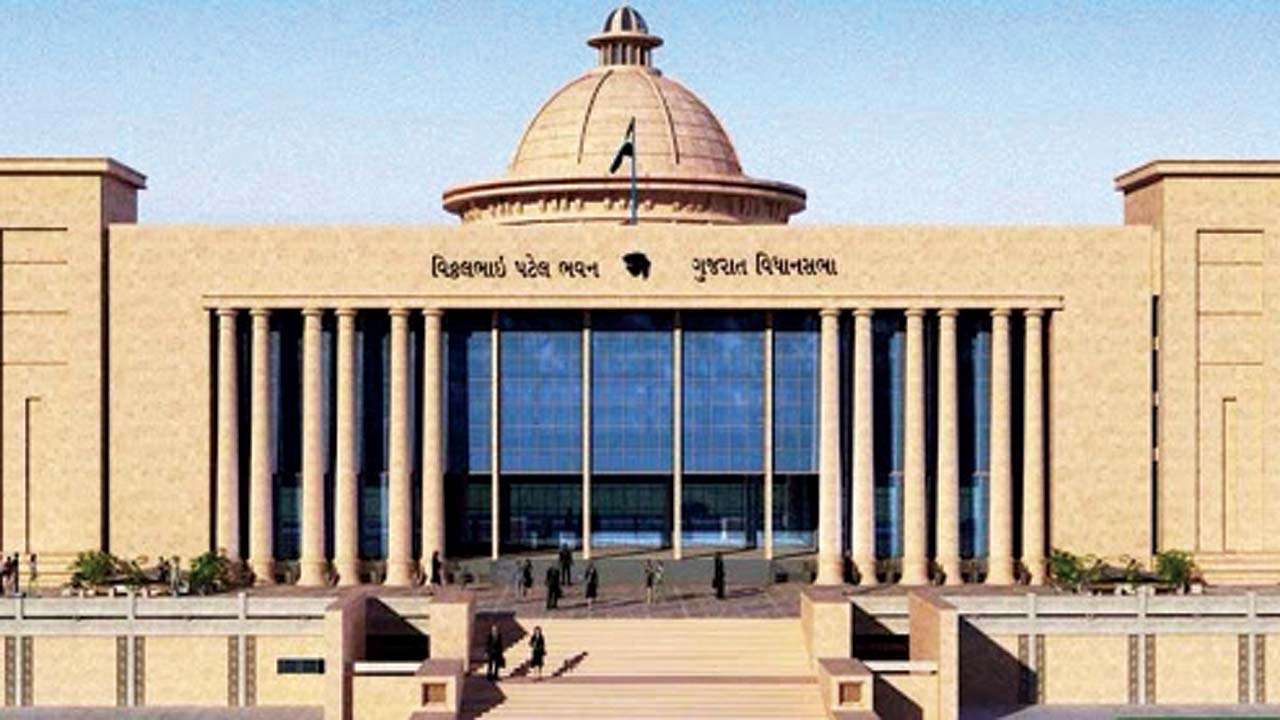Gujarat to approach Supreme Court against the stay on Anti-Conversion Law by High Court

1. Prospect of Challenging the Stay
The Gujarat government recently said as per a newspaper report that it would approach the Supreme Court challenging the stay granted by the High Court on certain Sections of the Gujarat Freedom of Religion (Amendment) Act 2021 that seeks to stop religious conversion through interfaith marriages using force or allurement or fraudulent means. The Gujarat assembly passed a bill proposing amendments to the Gujarat Freedom of Religion Act, 2003 paving the way for more stringent punishment for forced religious conversions through marriage.
The amendment bill provides for up to ten years of jail for ‘fraudulent or ‘forced’ conversion by marriage. As per the government, the Gujarat Freedom of Religion (Amendment) Bill, 2021 sought to curtail “an emerging trend in which women are lured to marriage for the purpose of religious conversion”. The main opposition Congress voted against the bill.
Many states like Uttar Pradesh, Uttarakhand, Madhya Pradesh, Arunachal Pradesh, Himachal Pradesh, Chhattisgarh, Jharkhand and Odisha have enacted anti-conversion laws while states like Haryana and Karnataka are working towards bringing in a similar law.
2. Provisions under Stay due to High Court Directions
The Gujarat Freedom of Religion (Amendment) Act, 2021, which penalises forcible or fraudulent religious conversion through marriage, was notified by the state government on June 15, 2021. In its interim order delivered on August 19, the High Court division bench stayed Sections 3, 4, 4A to 4C, 5, 6 and 6A of the Gujarat Freedom of Religion (Amendment) Act 2021 pending further hearing, saying they “shall not operate merely because a marriage is solemnised by a person of one religion with a person of another religion without force or by allurement or by fraudulent means and such marriages cannot be termed as marriages for the purposes of unlawful conversion”.
The stay on these sections effectively means that an FIR under this law cannot be lodged merely on the basis of his or her interfaith marriage.
3. About the Provisions under Stay
As per Section 4, people found guilty of violating the provisions of Section 3 will face up to three years of imprisonment and a fine of Rs 50,000. If the victim is a minor, a woman or from SC or ST community, then the jail term will be four years with a fine of Rs 1 lakh.
Section 4A specifically deals with the “marriage by unlawful conversion” part of Section 3. It says “conversion by marriage or by getting a person married or by aiding a person to get married is concerned, shall be punished with imprisonment not less than three years, but may extend up to five years along with a fine of Rs 2 lakh”.
As per Section 4B, any marriage which was done for the purpose of unlawful conversion “shall be declared void by the family court”.
Under Section 4C, institutions or organisations will be tried under this law if they are found involved in unlawful conversions, as defined under Section 3 of the law.
Section 5 of the law mandates that religious priests must take prior permission from the district magistrate for converting any person from one religion to another. Moreover, the one who got converted also needs to “send an intimation” to the DM in a prescribed form.
As per Section 6, prior sanction of the DM or a sub-divisional magistrate is necessary to start prosecution against the accused. However, as per Section 6A, the burden of proof is on the accused “who has caused the conversion”.
Image: DNA India





